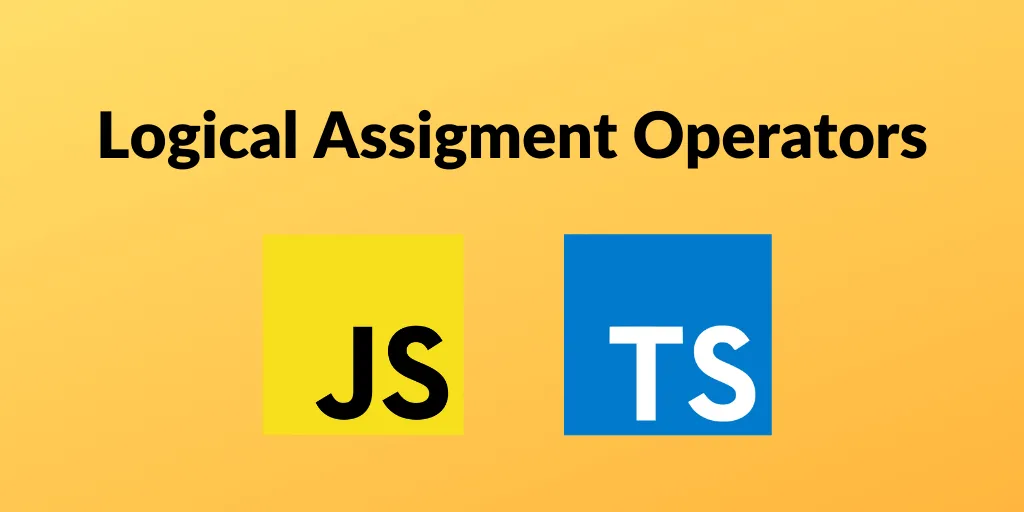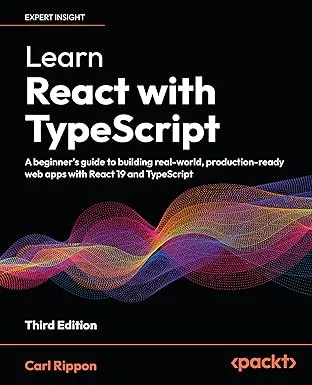Logical Assignment Operators
We regularly need to implement conditional logic in the apps we build. This post covers a new terse syntax that we can now use for different logical operators in both JavaScript and TypeScript.

Logical OR assignment
When writing code, we often set a variable to some value if the variable is currently falsy. Consider the example below:
function getDefaultValue() { console.log("getDefaultValue"); return 1;}
let score: number | null = null;score = score || getDefaultValue();console.log(score);In this example, score is assigned to the result of getDefaultValue because score was originally falsy.

If score is originally truthy, then the second argument is not evaluated:
let score: number | null = 9;score = score || getDefaultValue();console.log(score);
The new Logical OR assignment operator gives us a slightly shorter syntax for this pattern:
let score: number | null = null;score ||= getDefaultValue();console.log(score);
Logical nullish assignment
Use of the nullish coalescing operator (??) in the previous example means that the default value is only applied if the variable is null or undefined:
let score: number | null = 0;score = score ?? getDefaultValue();console.log(score);
The new Logical nullish assignment operator gives us a slightly shorter syntax for this pattern:
score ??= getDefaultValue();Logical AND assignment
We regularly use the logical AND operator (&&) for expressing conditional logic. Some example code is below:
let value = "F";let valid: boolean = true;valid = valid && value !== "";valid = valid && value.length > 2;console.log(valid);
The new Logical AND assignment operator gives us a slightly shorter syntax for this pattern:
valid &&= value !== "";valid &&= value.length > 2;Nice!
Wrap up
The new logical assignment operators provide terser syntax for some of the conditional code we write.
The syntax is supported in all major browsers other than IE. Babel supports it with the plugin-proposal-logical-assignment-operators plugin, and TypeScript has recently added support for it in 4.0.
Learn React with TypeScript - 3rd Edition
NewA comprehensive guide to building modern React applications with TypeScript. Learn best practices, advanced patterns, and real-world development techniques.
View on Amazon